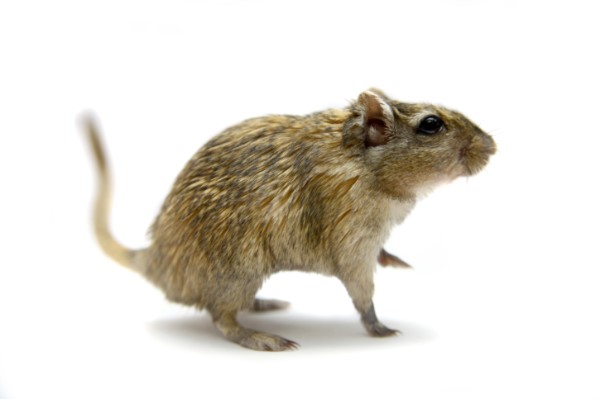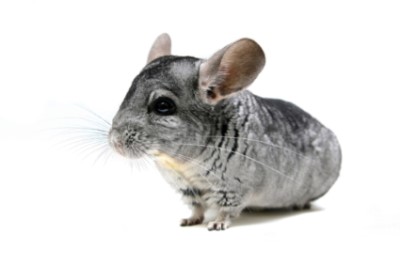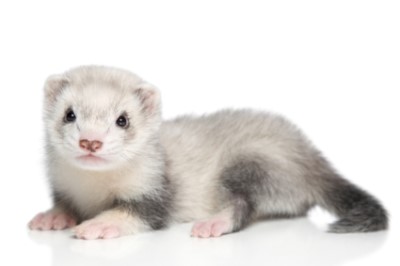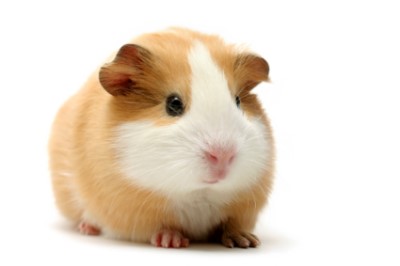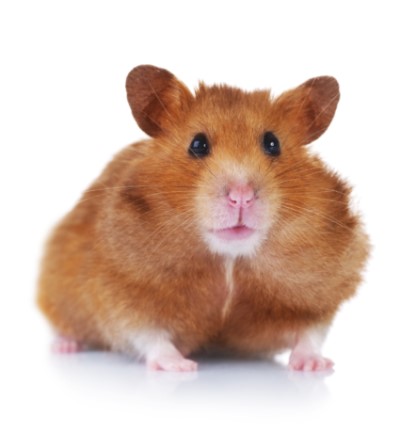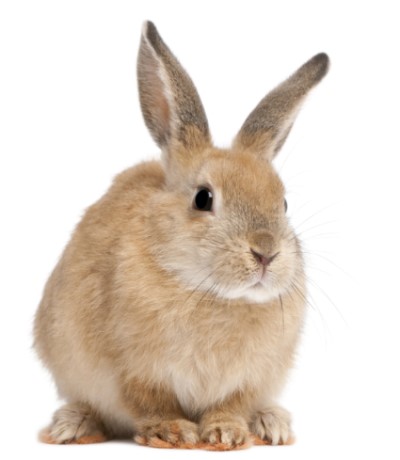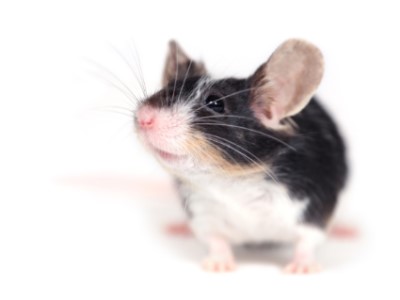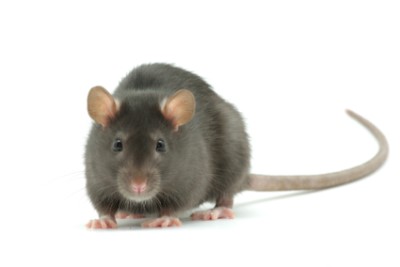Common Reasons for Surrender
Impulse purchases are one of the most common reasons gerbils are surrendered. A child sees a cute gerbil at the pet store and wants one. His parents comply, but the child eventually grows tired of the gerbil and the parents do not want to care for him, so he is taken to the nearest shelter or rescue. Gerbils, unlike many other pets, do not need a great deal of attention as long as they have a friend, a clean habitat, and fresh food and water. In other instances, the gerbils are sexed incorrectly, which results in unexpected and unwanted litters. Multiple, instead of a single, gerbils then find themselves at a shelter or a rescue.
Pros
For those who want a low maintenance pet, gerbils are an ideal option. Most are affectionate, especially with their gerbil friends, and they provide plenty of entertainment for their humans. Gerbils can live anywhere—in a tiny studio apartment, a spacious condo, or a large home. Their cages typically only need cleaning a few times every two weeks. Gerbils are typically hardy animals with small appetites. While they are active, they adjust well to the family schedule. If you work during the day, your gerbil will sleep and wake up when you return home then, as the breed is nocturnal, stay up most of the night playing and interacting with his cage mates.
Cons
Gerbils are extremely social animals and do not well living alone, instead preferring to live in clans of one or several other gerbils. Gerbils should be housed with the same sex to avoid pregnancy. At the same time, gerbils are territorial. A bonded pair of gerbils can break up. Although a broken bond is rare, you should be prepared to have two separate housing units if it happens.
Diet
Feed your gerbil a high quality diet, such as a seed mix or a pellets supplement with fresh fruits and vegetables and table scraps. Descendants from the Mongolian desert, gerbils love vegetables, especially leafy greens like kale. Feed your gerbil plenty of greens, such as ends of string beans and broccoli stems. A good rule of thumb is: Whatever you can eat, they can eat with a few exceptions, such as raw potatoes.
Avoid most of the treats you’ll find in pet stores. The best and healthiest treats for a gerbil are fruits, including small pieces of apple, strawberry, and blueberries.
Exercise
Your gerbil will get the exercise he needs in his habitat. A sturdy wheel will allow him to run when he feels like it. Tunnels are also ideal for running, hiding, and climbing. A pet playpen also allows your gerbil the opportunity to run in a larger, safe space and to be out with the family.
Possible Health Issues
Gerbils are typically a healthy pet. Most, however, die from stroke, tumors, or an accident.
Litter
Never give your gerbil pine or cedar bedding of any type as they can cause serious respiratory or other illnesses. Paper-based bedding, like CareFresh, is the generally the safest. Aspen shavings are acceptable. You could conceivably use corn cobs but it doesn’t really allow your gerbils to build nests so consider it as a last resort.
Housing
The best housing for your gerbil, according The American Gerbil Society, is at least a ten-gallon aquarium with a metal screen lid so your gerbil cannot escape. Aquariums are extremely safe and easy to clean. Air flow isn’t a big problem because gerbils don’t produce too much urine. You can house your gerbil in a larger aquarium, but it will require more frequent cleaning than a ten-gallon aquarium.
Entertainment
Gerbils can provide you with great entertainment just by being themselves. A ball is a great way for them to get out of their habitat and run around safely. Gerbils should always be supervised when in a ball so they don’t fall down stairs, become wedged in between furniture, or get attacked by other pets. Pet playpens are also great for allowing your Gerbil time out among the family. Because Gerbils can jump as high as 18 inches, make sure the playpen is tall enough and the bars are close enough together that your gerbil can’t squeeze out. A mouse can generally fit through a hole that’s about the size of a pencil, and gerbils can make it through a hole not too much bigger. Fill the play area with tubes and boxes your gerbil can run through, climb on, and hide in. Without hiding spaces, gerbils feel too exposed and won’t be too active.
We want to thank The American Gerbil Society for help with this profile.
